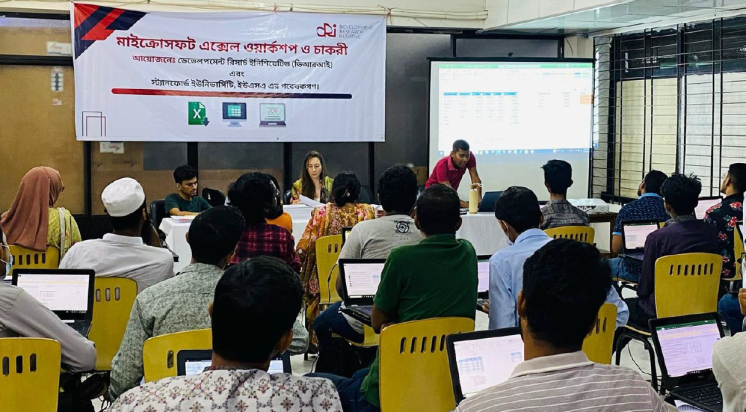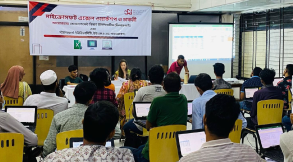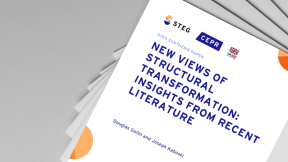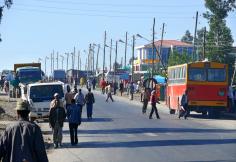This study combines two field experiments in Bangladesh with a structural labour model to define and test for paternalistic discrimination, the differential treatment of two groups to protect one group—even against its will—from harmful or unpleasant situations. The researchers observe real hiring and application decisions for a night-shift job that provides safe worker transport home at the end of the shift. In the first experiment, they vary employers’ perceptions of job costs to female workers by experimentally varying information about the transport but holding taste-based and statistical discrimination constant. Not informing employers about the transport decreases demand for female labour by 22%. However, employers respond significantly less to a cash payment to female workers that would allow them to purchase safe transport themselves. This suggests that employers paternalistically prevent women from making their own choices. In the second experiment, not informing applicants about the transport reduces female labour supply by 15%. In structural simulations that combine the results of both experiments, eliminating paternalistic discrimination reduces the gender employment gap by 24% and increases female wages by 21%.
STEG Working Paper Series
• Research Theme 1: Firms, Frictions and Spillovers, and Industrial Policy,
Research Theme 2: Labour, Home Production, and Structural Transformation at the Level of the Household,
Cross-Cutting Issue 1: Gender,
Cross-Cutting Issue 3: Inequality and Inclusion
Paternalistic Discrimination

Related content





























































































